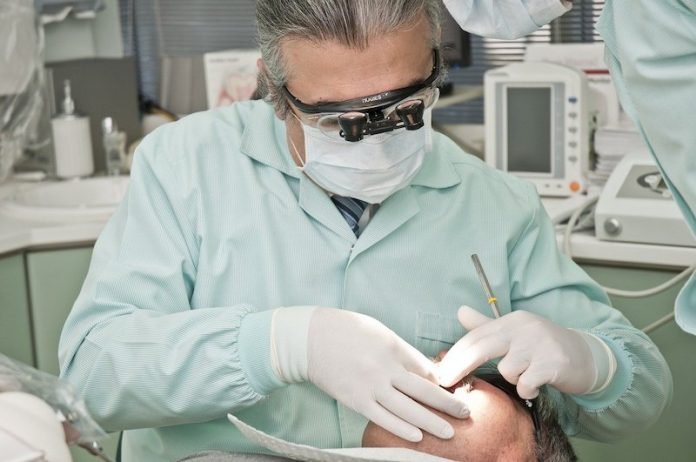
Around one in four cases of lung cancer occurs in non-smokers and known risk factors, such as secondhand tobacco smoke, background radon exposure, air pollution, and family history of lung cancer don’t fully explain these figures, say the researchers.
In a recent study at the Albert Einstein College of Medicine, researchers found that the type and abundance of bacteria found in the mouth may be linked to a higher lung cancer risk in non-smokers.
They found fewer species and high numbers of particular types of bacteria seem to be linked to heightened risk.
The study is published in Thorax. One author is H Dean Hosgood.
The type and volume of bacteria (microbiome), found in the mouth has been linked to a heightened risk of various cancers including those of the gullet, head and neck, and pancreas.
In the study, the team wanted to find out if this association might also hold for lung cancer, given that the mouth is the entry point for bacteria to the lungs.
They used data from people in The Shanghai Women’s Health Study and the Shanghai Men’s Health Study, all of whom were lifelong non-smokers, and whose health was monitored every 2-3 years between 1996 and 2006.
At enrollment, participants rinsed out their mouths to provide a profile of the resident bacteria, and information was obtained on lifestyle, diet, medical history and other factors that might influence their disease risk.
In all, 90 of the women and 24 of the men developed lung cancer within around 7 years, on average.
These cases were matched with 114 non-smokers of the same age and sex. This comparison group didn’t have lung cancer but they had similar levels of education and family histories of lung cancer.
Comparison of both sets of rinse samples showed that the microbiome differed between the two groups.
A wider range of bacterial species was linked to a lower risk of developing lung cancer. And a larger volume of particular types of species was also linked to lung cancer risk.
A larger volume of Bacteroidetes and Spirochaetes species was linked to lower risk while a larger volume of Firmicutes species was linked to heightened risk.
Specifically, within the Spirochaetes species, a greater abundance of Spirochaetia was linked to lower risk; and within the Firmicutes species, a larger volume of organisms from the Lactobacillales order of microbes was linked to a heightened risk.
The team says this study provides evidence that variation in the oral microbiome plays a role in lung cancer risk.
Copyright © 2021 Knowridge Science Report. All rights reserved.



